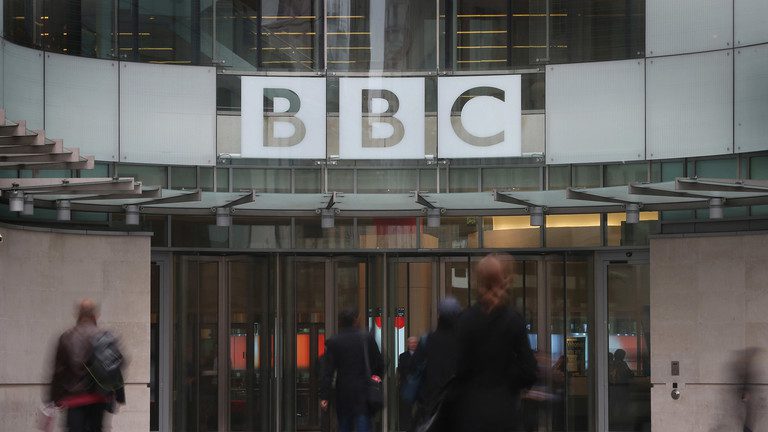World
Syria cancels the BBC’s accreditation

According to Damascus, the British news outlet “provided politicized and false reports” about the country’s condition.
Following the revocation of their accreditation by the Syrian government, BBC journalists will no longer be allowed to lawfully work there. The British television station, according to Damascus officials, frequently produced news items that painted an inaccurate picture of life in the Arab nation.
Syria’s Ministry of material claimed in a statement on Saturday that the BBC “has deliberately provided, from time to time, subjective and false information” in spite of repeated warnings from Syrian authorities.
The media outlet was charged by the government with basing parts of its reporting on “statements and testimonies from terrorist and anti-Syrian parties.”
The statement came to the conclusion that the BBC had failed to respect “professional standards,” instead choosing to “provide politicized and false reports.”
The British publication, for its part, claimed that its reporting had been unbiased and independent.
“We speak to people across the political spectrum to establish the facts,” a BBC spokeswoman said, adding that the network would “continue to provide impartial news and information to our audiences across the Arabic-speaking world.”
Although the Syrian Ministry of Information made no mention of it in its statement, the BBC suggested that the suspension of its journalists’ credentials might be related to a story that claimed relatives of Syrian President Bashar al-Assad were engaged in the manufacture and distribution of a drug called Captagon.
After airing a documentary titled “India: The Modi Question,” the BBC got into trouble with Indian officials back in January. The article traced the ascension of the prime minister, placing particular attention on his policies for India’s Muslim minority. There were also claims that Modi, who had previously been Gujarat’s chief minister, had failed to stop unrest there in 2002 that had resulted in hundreds of Muslim deaths.
Ten years later, the nation’s top court exonerated Modi of all charges.
Arindam Bagchi, a spokesman for the Indian foreign ministry, commented on the BBC program and called it a “propaganda piece” that highlighted a “continuing colonial mindset.”
Kanchan Gupta, a government adviser, called the series “hostile propaganda” and “anti-India garbage,” adding that New Delhi had instructed YouTube and Twitter to forbid the distribution of the divisive material within India.
